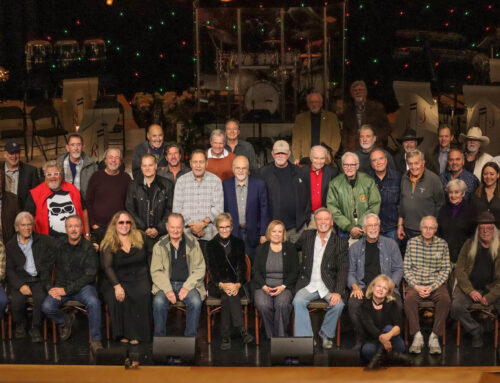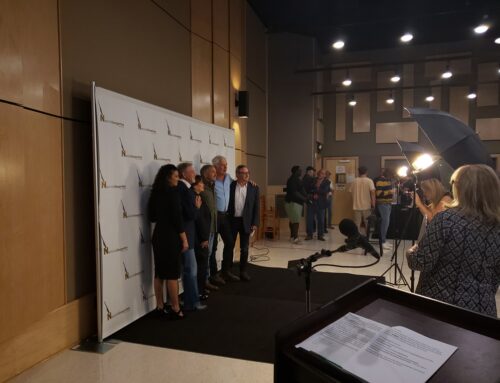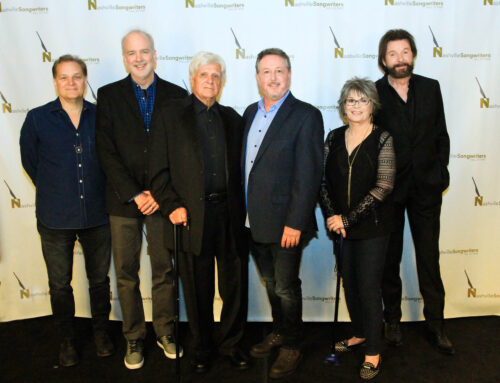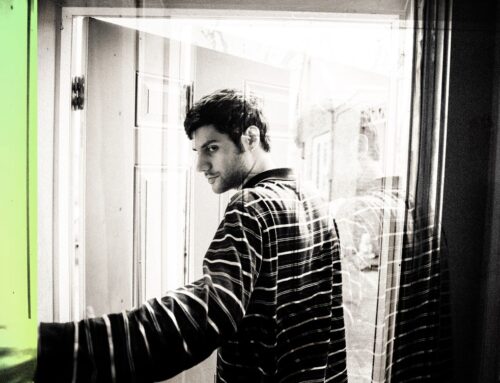 Judge Michael Davis is moving the case of Virgin Records, et al. v. Jammie Thomas (Case No. 06–cv-1497) along quickly, as the jury was impaneled at 9:30 and testimony began less than two hours later in the U.S. District Court for the District of Minnesota. See my related blog entry True Test of RIAA’S Legal Theories as first case goes to trial.
Judge Michael Davis is moving the case of Virgin Records, et al. v. Jammie Thomas (Case No. 06–cv-1497) along quickly, as the jury was impaneled at 9:30 and testimony began less than two hours later in the U.S. District Court for the District of Minnesota. See my related blog entry True Test of RIAA’S Legal Theories as first case goes to trial.
The litigation is against Jammie Thomas, an administrator for nearby Indian reservation Mille Lacs Band of Ojibwe. Ms. Thomas is accused of distributing over 1700 songs over the peer-to-peer agent, Kaaza. After all the legal wrangling, however, only 25 copyrights are ultimately at issue in the litigation.
Not to worry, however, if the RIAA prevails, its client record labels — Capitol Records, Sony BMG, Arista Records, Interscope Records, Warner Bros. Records and UMG Recordings (Virgin was dropped from the lawsuit after having difficulty proving ownership) — would stand to gain $150,000 per copyright, or $3,750,000 in damages.
RIAA’s legal “Scheme Team” consists of Richard Gabriel and Tim Reynolds of Holme Roberts & Owen as well as Matt Oppenheim of The Oppenheim Group.
Eric Bangeman reported that, in his opening statement, Gabriel attempted to personalize the international conglomerates he represents by stating that they are made up of “real people” just fighting for their livelihood.
WIRED magazine reported that Thomas’ attorney, Brian Toder, told jurors in his opening statement that the plaintiffs’ case was not supportable. “The plaintiffs don’t have the evidence that she downloaded anything,” he said, “. . . the best that they can come up with is somebody out there in cyberland . . . offered on Kazaa some copyrighted material.”
In their case in chief, the plaintiffs presented Sony BMG’s anti-piracy chief, Jennifer Pariser, as one of their lead witnesses. She testified as to the resources it takes for a record label to find, develop, produce and promote talent, which is the company’s bread and butter. “If (people who download music) . . . without compensation, it kills the company,” she testified.
As part of her testimony, snipets of Don’t Stop Believing were played, one from the copyright work and one from the downloaded product. It is reported that they sounded identical. Is anyone surprised?
Then Gabriel asked Pariser if it was okay if a consumer makes just one copy of a track they’ve legally purchased. She said no — that’s “a nice way of saying, ‘steals just one copy.'” Apparently, Ms. Gabriel is not familiar with the copyright doctrine of “fair use,” which of course permits consumers to make a copy of part or all of a copyrighted work for their own personal use as a backup, even where the copyright holder has not given permission or objects to such a use of the work. For example, private, non-commercial home taping of television programs with a VCR to permit later viewing is fair use. (Sony Corporation of America v. Universal City Studios, 464 U.S. 417 (1984, S.C.). This zero-tolerance, take-no-prisoners attitude fostered by the RIAA methodolgy will ultimately to their downfall. When faced with such erroneous, extremist opinions, reason and logic almost always prevail.
More industry insiders, including ex-RIAA executive, Cary Sherman and the investigator from SafeNet, is expected throughout the week.
Ownership of the copyrighted works is expected to be another central theme in the defense of the action. The documents disclosed by plaintiffs in support of ownership did not clearly establish the rights of the plaintiffs, according to some reports, and Judge Davis ruled against the plaintiffs’ request to introduce additional evidence of ownership.
Another very critical issue in this case is the credibility of the music industry’s expert testimony. Can it prove that Ms. Thomas is the owner of the IP address in question and, if so, can it prove that she was the one that used the IP address to illicitly download the copyrighted songs. The answer to this issue of credibility will set a incredibly powerful precedent for future cases.
One of the RIAA’s experts, Dr. Douglas W. Jacobson, gave deposition testimony in UMG v. Lindor. He stated in that depostion that his process “has not been vetted through the scientific community.” Page 43, Lines 7–8. This testimony is related to the RIAA experts’ methodology of first identifing an IP address of an alleged infringer, and then soliciting the identity of the owner from their Internet Service Provider. If the RIAA’s methodology gets clouded in this trial, it will not be able to sustain any of the tens of thousands of lawsuits currently being pursued.
For further reading, including first hand accounts, see:





